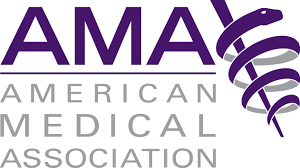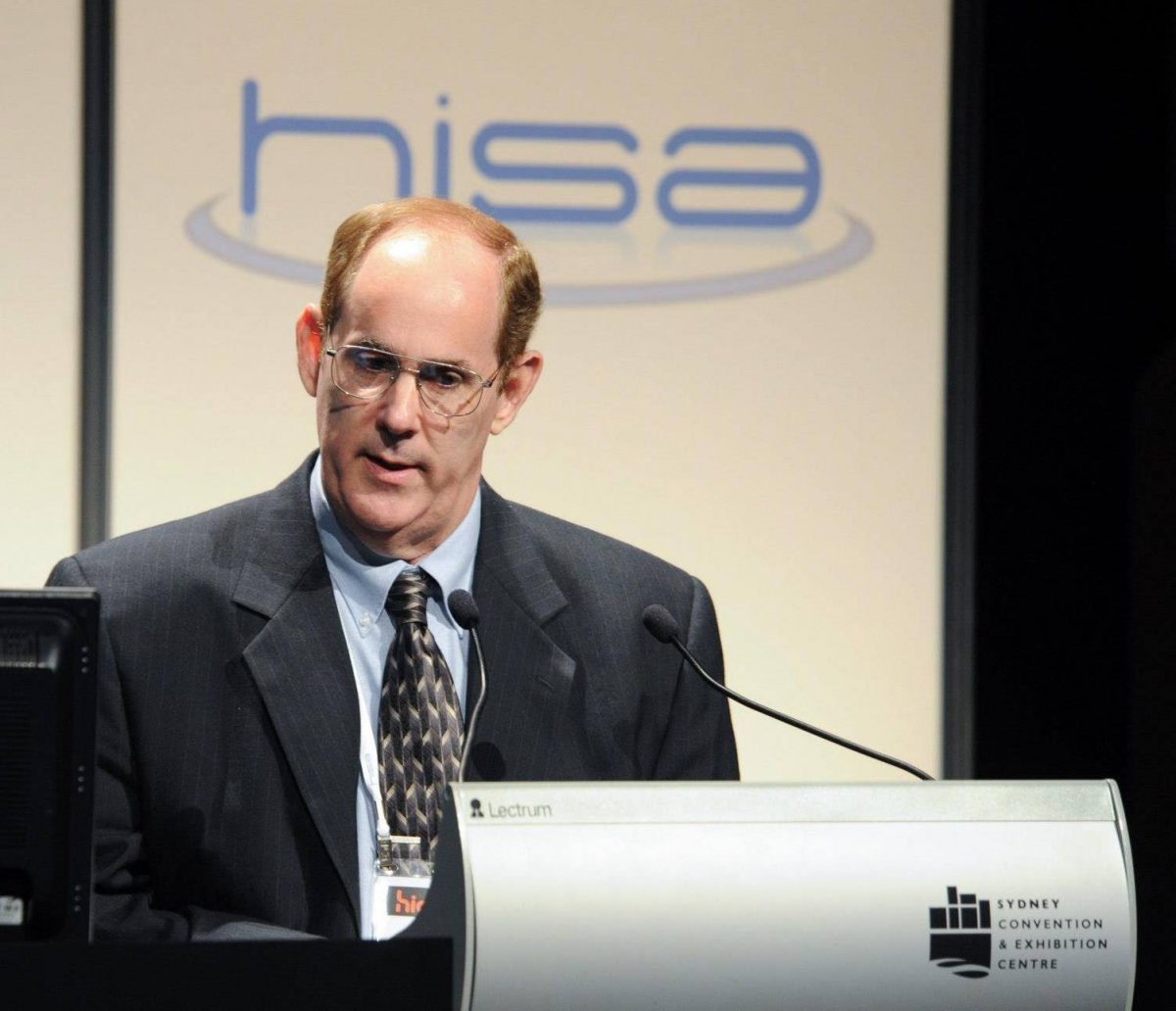American Medical Association (AMA)
See the following -
Type & Click Tasks Drain Half the Primary Care Workday
 Primary care physicians spend more than half of their workday at a computer screen performing data entry and other tasks with electronic medical records (EHRs), according to new research from experts at the University of Wisconsin and the American Medical Association (AMA). Based on data from EHR event logs and confirmed by direct observation data, researchers found that during a typical 11.4-hour workday, primary care physicians spent nearly six hours on data entry and other tasks with EHR systems during and after clinical hours. The study was published today in the Annals of Family Medicine...
Primary care physicians spend more than half of their workday at a computer screen performing data entry and other tasks with electronic medical records (EHRs), according to new research from experts at the University of Wisconsin and the American Medical Association (AMA). Based on data from EHR event logs and confirmed by direct observation data, researchers found that during a typical 11.4-hour workday, primary care physicians spent nearly six hours on data entry and other tasks with EHR systems during and after clinical hours. The study was published today in the Annals of Family Medicine...
- Login to post comments
U. S. Electronic Health Record Initiative: A Backlash Growing?
There seems to be a slow but steady backlash growing among healthcare providers against the U.S. government’s $30 billion initiative to get all its citizens an electronic health record, initially set to happen by 2014 but now looking at 2020 or beyond. Read More »
- Login to post comments
Under ‘Observation,’ Some Hospital Patients Face Big Bills
In April, Nancy Niemi entered Vidant Medical Center in Greenville, N.C., with cardiac problems. She stayed four nights, at one point receiving a coronary stent. Then she went home, but felt faint and took several falls. Five days later, her primary care doctor sent her back to the hospital. This time, her stay lasted 39 days while physicians tried various medications to regulate her blood pressure. Though they eventually succeeded, Mrs. Niemi, 84, a retired insurance agent, had grown so weak that she could no longer walk...
- Login to post comments
Understanding Effect of EHR Usability on Clinical Workflows
As EHR use becomes ubiquitous in the healthcare industry, questions about EHR usability come into play. Read More »
- Login to post comments
Update: CMS, ONC Ease EHR Certification Requirements For MU
Healthcare providers and the IT vendors who serve them just got a dose of welcome relief from the increasingly controversial certification pieces of meaningful use.
- Login to post comments
Upfront Costs Of Going Digital Overwhelm Some Doctors
Dr. Oliver Korshin practices ophthalmology three days a week in the same small office in east Anchorage, Alaska, he's had for three decades...But starting next year the federal government will penalize Korshin and other doctors for not using electronic health records; Medicare will withhold 1 percent of his payments...
- Login to post comments
US Sees Sharp Rise in Newborns with Opiate Withdrawal
The number of babies born in the US showing symptoms of opiate withdrawal increased threefold in the 10 years up to 2009, a medical study has found...The report says abuse of prescription painkillers is partly to blame. The study, the first of its kind in the US, was based on records from more than 4,000 hospitals across the country. Read More »
- Login to post comments
Wall Street Journal: "ObamaCare’s Electronic-Records Debacle"
 This Wall Street Journal (WSJ) Op-Ed could have been entitled "President Sucker: Led Down the Garden Path by The Healthcare IT Industry." It is entitled "ObamaCare’s Electronic-Records Debacle", as below. First, though: On Feb. 18, 2009 the WSJ published the following Letter to the Editor authored by me...I have a different view on who is deceiving whom. In fact, it is the government that has been deceived by the HIT industry and its pundits. Stated directly, the administration is deluded about the true difficulty of making large-scale health IT work. The beneficiaries will largely be the IT industry and IT management consultants.
This Wall Street Journal (WSJ) Op-Ed could have been entitled "President Sucker: Led Down the Garden Path by The Healthcare IT Industry." It is entitled "ObamaCare’s Electronic-Records Debacle", as below. First, though: On Feb. 18, 2009 the WSJ published the following Letter to the Editor authored by me...I have a different view on who is deceiving whom. In fact, it is the government that has been deceived by the HIT industry and its pundits. Stated directly, the administration is deluded about the true difficulty of making large-scale health IT work. The beneficiaries will largely be the IT industry and IT management consultants.
- Login to post comments
Washington Debrief: Is Meaningful Use In Danger?
...More groups weighed-in on the new meaningful use (MU) rule, allowing providers to meet MU through alternative pathways in 2014. Concerns mount over full-year EHR reporting period coming Oct. 1, 2014...
- Login to post comments
What Would The Ideal Hospital Look Like In 2020?
There is tension between doctors and designers. Architects want to build dramatic structures while doctors need room to deal with traumatic scenarios. [...] Despite these inherent differences, the non-profit design firm NXT Health has developed a proposal for the nicest hospital room you’ll hopefully never have to visit. Read More »
- Login to post comments
What You Don't Know About Your Doctor Could Hurt You
Thousands of doctors across the U.S. are on medical probation for reasons including drug abuse, sexual misconduct, and making careless—sometimes deadly—mistakes. But they're still out there practicing. And good luck figuring out who they are. The state medical board's report on Leonard Kurian, an obstetrician-gynecologist in Southern California, tells in stark clinical detail what it says happened to several patients in his care. And it's not easy to read...
- Login to post comments
Why 99 percent of health care should be angry
As Occupy Wall Street has gone from an obscure protest covered only on blogs and social media to a national phenomenon, the apparent parallels between the issues it is raising and the issues we have been raising in health care grows. Read More »
- Login to post comments
Why AMA Supports Dr. Price to Lead HHS
 The AMA supports the nomination of Dr. Tom Price based on decades of interactions with him as a member of the AMA House of Delegates, Georgia state senator and as a member of the House of Representatives since 2005. Over these years, there have been important policy issues on which we agreed (medical liability reform) and others on which we disagreed (passage of the Affordable Care Act). Two things that have been consistent are his understanding of the many challenges facing patients and physicians today, and his willingness to listen directly to concerns expressed by the AMA and other physician organizations...
The AMA supports the nomination of Dr. Tom Price based on decades of interactions with him as a member of the AMA House of Delegates, Georgia state senator and as a member of the House of Representatives since 2005. Over these years, there have been important policy issues on which we agreed (medical liability reform) and others on which we disagreed (passage of the Affordable Care Act). Two things that have been consistent are his understanding of the many challenges facing patients and physicians today, and his willingness to listen directly to concerns expressed by the AMA and other physician organizations...
- Login to post comments
Why Branding Obesity As A Disease Is A Step In The WRONG Direction...
The documentary film Hungry For Change1 is another revolutionary look at food and nutrition from the creators of the best-selling film Food Matters. Read More »
- Login to post comments
Why Electronic Health Records Aren't More Usable
Federal government incentives worth about $30 billion have persuaded the majority of physicians and hospitals to adopt electronic health record (EHR) systems over the past few years. However, most physicians do not find EHRs easy to use. Physicians often have difficulty entering structured data in EHRs, especially during patient encounters. The records are hard to read because they're full of irrelevant boilerplates generated by the software and lack individualized information about the patient...
- Login to post comments